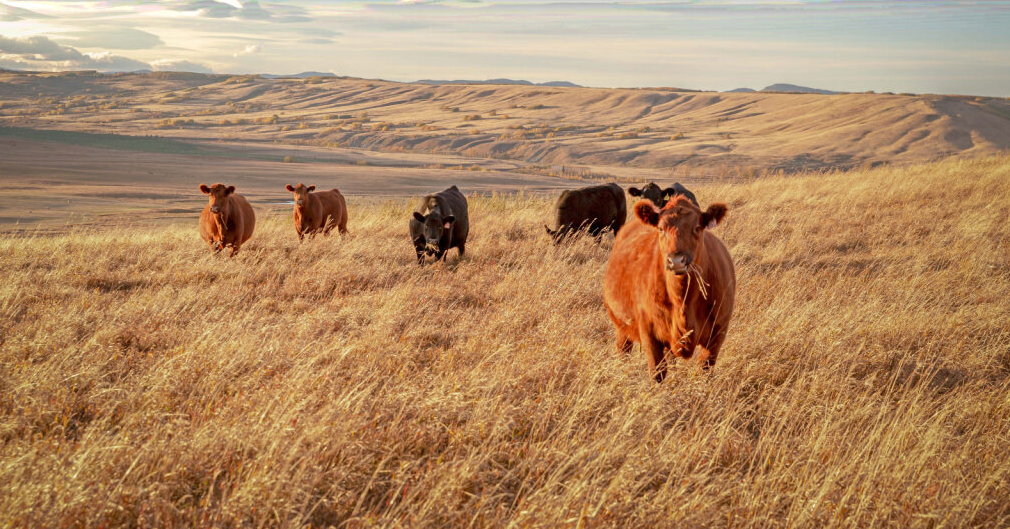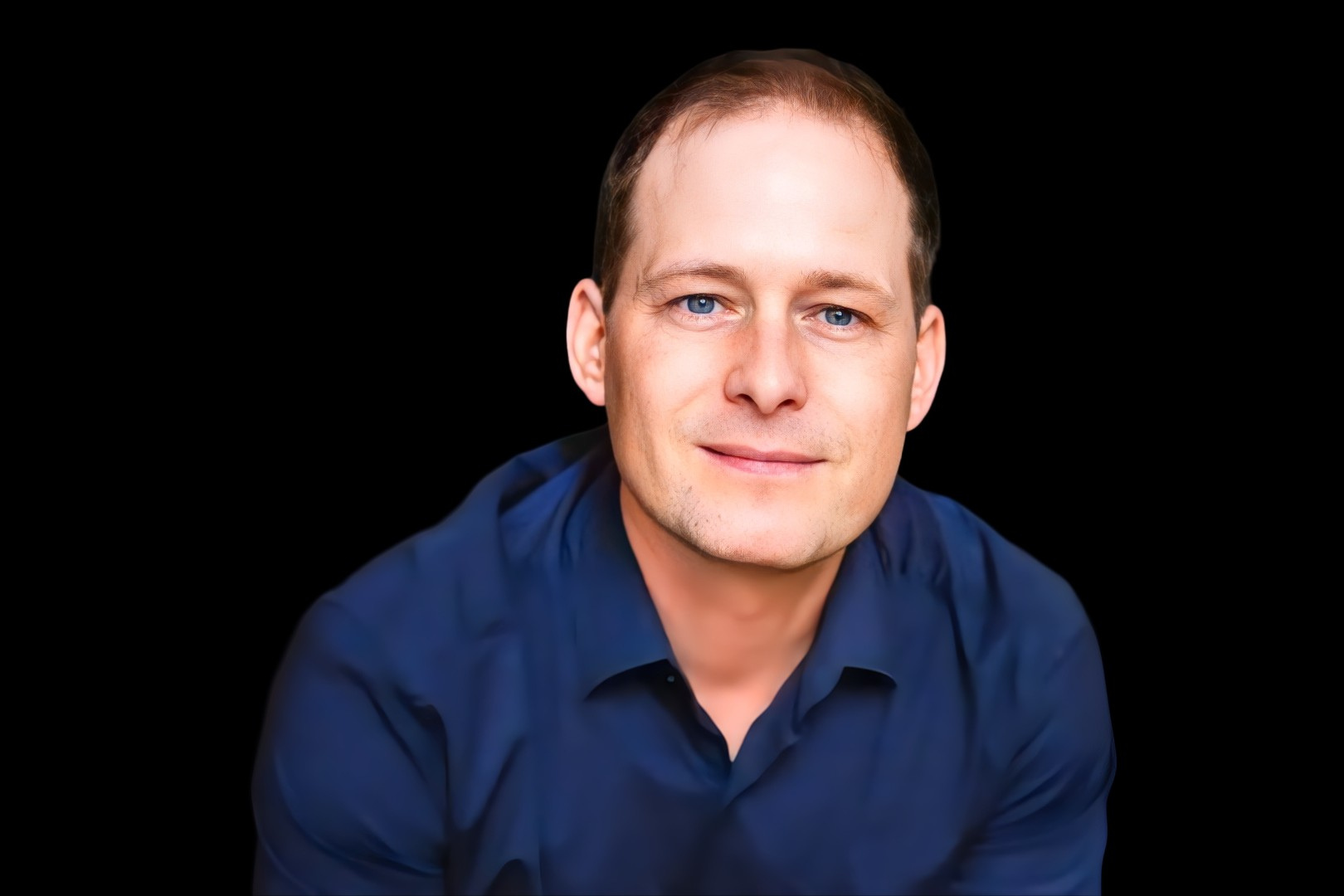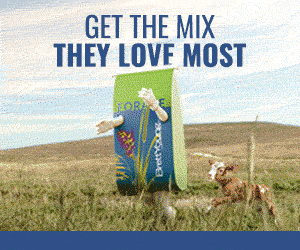AB Direct - Steers
Rail: 525.00-530.00 del
AB Direct - Heifers
Rail: 525.00-530.00 del
US Trade- Steers
Rail: ---
US Trade - Heifers
Rail: ---
Canadian Dollar
0.04

Global voice, local impact: Insights from Dennis Laycraft on the evolution of Canadian beef
With shifting market forces, increasing regulatory complexity, and rising sustainability expectations, Canadian beef producers continue to navigate a landscape filled with both challenge and opportunity. Few have done more to steer through that terrain than Dennis Laycraft.
Recently named among the 2025 inductees into the Canadian Agricultural Hall of Fame, Laycraft is best known for his more than 40 years of leadership in service of the Canadian beef industry. He helped shape the industry’s global reputation, build critical market capacity, and mentor the next generation of leaders, navigating numerous high-profile issues along the way.
In a recent episode of The Bovine podcast, Laycraft reflected on his years in the industry while sharing timely insights on where beef producers have come from and what they should be watching next.
Legacy of progress
Laycraft began his leadership career in Alberta with the Alberta Cattle Commission before stepping into a national role in 1990. He helped guide the industry through a number of defining moments, among them: the development of the national check-off, the BSE crisis, the launch of the Verified Beef Production program, and Canada’s evolving role in global trade.
One of the biggest long-term wins, he noted, was “working together across the country to build a shared voice.” Whether through the Canadian Roundtable for Sustainable Beef or coordinated export strategies, Canadian producers have shown what’s possible when grassroots leadership meets national collaboration.
That same spirit continues to drive today’s efforts — from defending science-based regulation to expanding market access and strengthening public trust in beef sustainability.
Positive horizon
Looking ahead, Laycraft is optimistic. “We’ve gone from being very reactive to being very proactive,” he said, pointing to advancements in traceability, food safety, and environmental performance. As a new generation steps forward, he sees opportunity in adapting to technology while holding on to the values that have long defined the sector.
“We’ve built a level of trust that many other countries can’t match,” says Laycraft. “Our beef is seen internationally as safe, responsibly produced, and sustainable — and that puts us in a strong position.” He points to global trade agreements and retail demands that increasingly require sustainability assurances — something Canadian producers are well-positioned to deliver.
Ongoing priorities
Still, he’s candid about the domestic headwinds. “We’re facing an increasing stack of regulations — some duplicative, others misaligned with science or practical realities,” he explains. From environmental compliance to interprovincial land-use rules, he warns that policy burdens could hinder innovation and long-term competitiveness.
Engagement is key, Laycraft emphasizes — especially in regulatory and policy spaces. “When we have verifiable data and a seat at the table early, we can shape outcomes that actually work.” He highlights the Canadian Roundtable for Sustainable Beef, where he played a founding role, as an example of the industry leading — not just reacting — on sustainability and traceability.
Handing off to a new generation
“One of the best things I’ve seen in my career is the next generation stepping up,” Laycraft reflects. “They’re smart, connected, and committed — not just to production, but to progress.” He believes mentorship and collaboration will be essential to keeping Canada’s beef sector globally competitive.
As a 2025 Canadian Agricultural Hall of Fame inductee, Laycraft joins a celebrated group of leaders who have shaped the country’s food and farming systems. While now retired, his voice remains influential.
“We’ve always punched above our weight,” he says. “And we’ll keep doing that — with credibility, with collaboration, and with confidence in what Canadian producers can deliver.”


